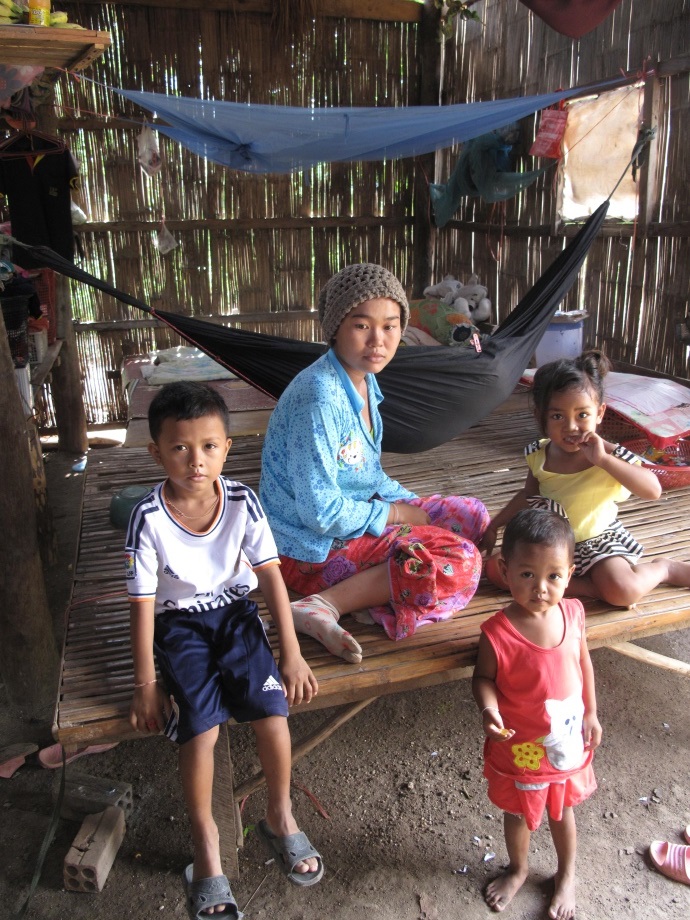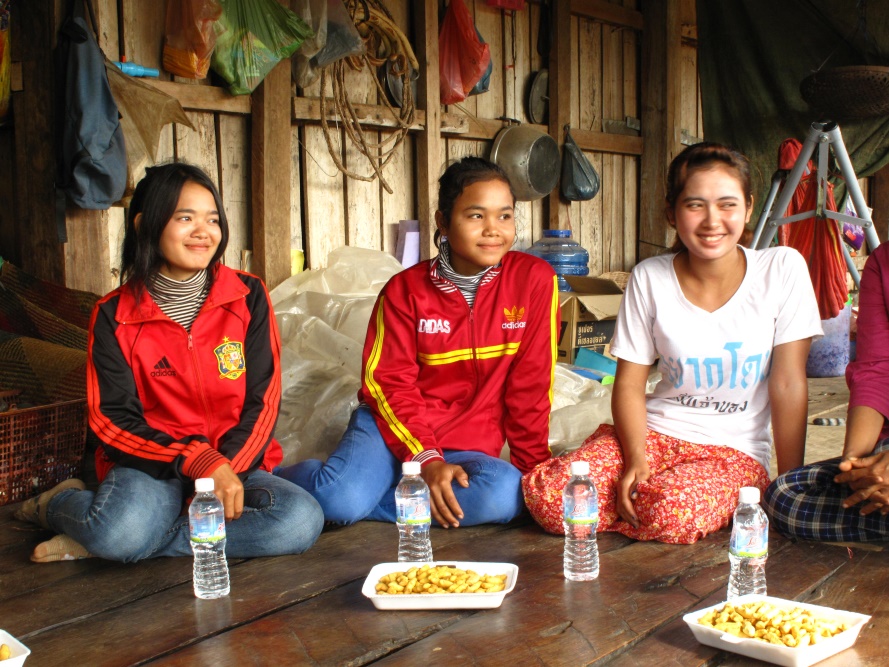Monica Posada is Malaria Consortium’s behaviour change communication (BCC) technical specialist for the Asia region. She recently visited Cambodia in order to conduct research into behaviour change communication strategies at cross-border sites in the Greater Mekong Subregion (GMS).
Malaria Consortium has conducted a behaviour change communications (BCC) assessment project in Cambodia to assess how effective these strategies are when it comes to improving health conditions, particularly among vulnerable groups.
Behaviour change communication strategies are used to help prevent the spread of diseases by encouraging positive behaviour within a community. By assessing current BCC methods, the intention is to provide recommendations as to how this approach can be improved in the region, and rolled out on a larger scale.
The assessment included a review of BCC strategies and guidelines in Myanmar, Thailand, Cambodia and Laos, and investigated how these are being implemented and targeted toward vulnerable groups. In particular, the assessment focused on BCC interventions among migrant and mobile populations, who travel and work along key border sites where there is a threat of spreading the artemisinin resistant malaria parasite.

A local family showing their hammocks and LLIN at their house in Battambang, Cambodia.
A research team conducted a seven day visit to the cross-border areas of Pailin and Battambang in order to conduct focus group discussions and in-depth interviews. More than 104 participants, including migrant populations, community leaders, community health workers, and NGO workers joined the study.
The interviews and discussions provided a chance to better understand the preventive and treatment-seeking behaviours of at-risk populations. For example, villagers were able to provide feedback on the quality and size of long lasting insecticidal nets and the barriers to treatment for malaria at the community healthcare centre.
The most interesting part of this study was to see that the chief of villages and village malaria workers had a considerable degree of trust among the local, migrant and mobile populations. The BCC approach, which relies on strong interpersonal communications and the discussion of best practices in preventing diseases, seems to be a very effective channel for health education.
